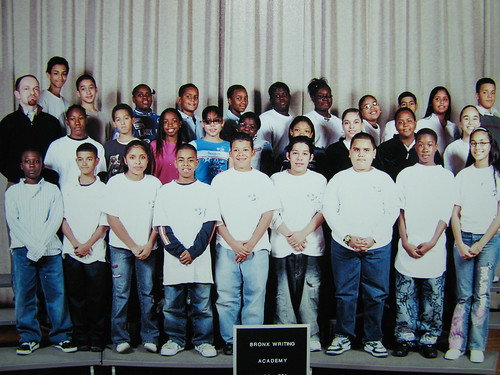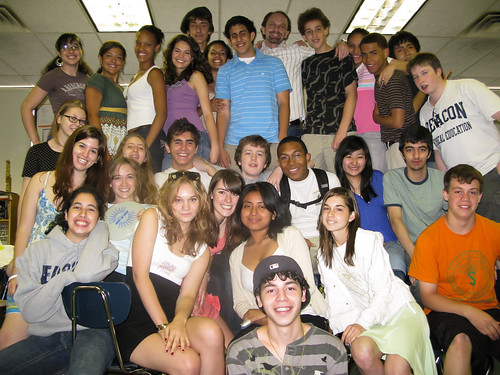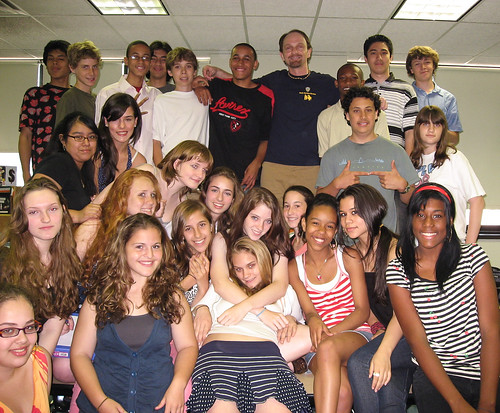We are starting 1984 and our discussion of Politics and the English Language (Finish this essay by Tuesday. Be sure you are ready to discuss it in full.) in the new week. If you are buying your own copy, please have it with you starting on Tuesday.
1. The Bell Jar Essay–Completed First drafts are due on Monday. While you are expected to have an introduction and conclusion, I want you to focus most of your thought on development of the argument across the body of the essay. Remember, this essay should be 3-4 pages.
General Formatting:
- Double-spaced; size 12 font; Times New Roman or similar
- 1 inch margins on both left and right sides. Justify margin. Indentations– .5” or 1 tab space.
- All pages beyond the first page should be numbered. Page numbers should be placed at the bottom right of each page.
- No Cover Page. Include name, class, and date (Single space the heading)
- Be sure TITLE reflects the theme of the essay (for instance, 1984: Hierarchical Hegemony)
- Include Title, Author, and General Theme of work in first paragraph of essay…For Example—Jean Paul Sartre’s Nausea
- Follow MLA guidelines
Order of Arrangement:
- Final Draft on top. Staple.
- 1st Draft—with significant corrections made + name and signature of reader
Avoid the Following:
- Avoid Pronouns: I, it, you, me, we, us
- Avoid Troublesome language. Do your best to avoid the following words: it, these, this, those, kind of, almost, seems, maybe, like, then, later, eventually, basically, so, many, a lot, things, due to the fact (or any variations of the fact that), in reality, very, really, forms of the verb “to be”
- In the intro, nix all book-review commentary—i.e. “is fascinating, interesting…”
- Avoid meaningless sentences–i.e. “Authors rely heavily on symbolism.”
- Contractions
- While I am not suggesting that you avoid all modifiers, you certainly should be conscious of how you are using them. Yet, definitely avoid the likes of really, basically, very, excellent, terrible, etc.
- Avoid misspelling proper nouns!
Remember:
- When writing about literature, write in the present tense.
- Active voice should be your default voice and only use passive when you are CHOOSING to use passive voice.
- Get comfortable writing in complex and compound sentences.
- Introductions and conclusions are factored into the grading of this essay.
- Read your essay aloud and you will hear many diction and syntax issues.
Keys to Good Writing:
- Cohesion—Every sentence fits together; paragraphs flow smoothly. Ensure that the entire discussion comes together as one unified discussion of your text and its context.
- Concision—Less is more. Use fewer words to explain yourself. Begin fusing sentences by merging ideas into tightly knit phrases.
- Precision—Accuracy. Use words that accurately capture what you mean. Don’t settle for words or expressions that come close.
- Coherence—Does your essay make sense? Are your ideas organized in a logical sequence? Do you prove your thesis? Do the parts contain the essence of the whole?















































